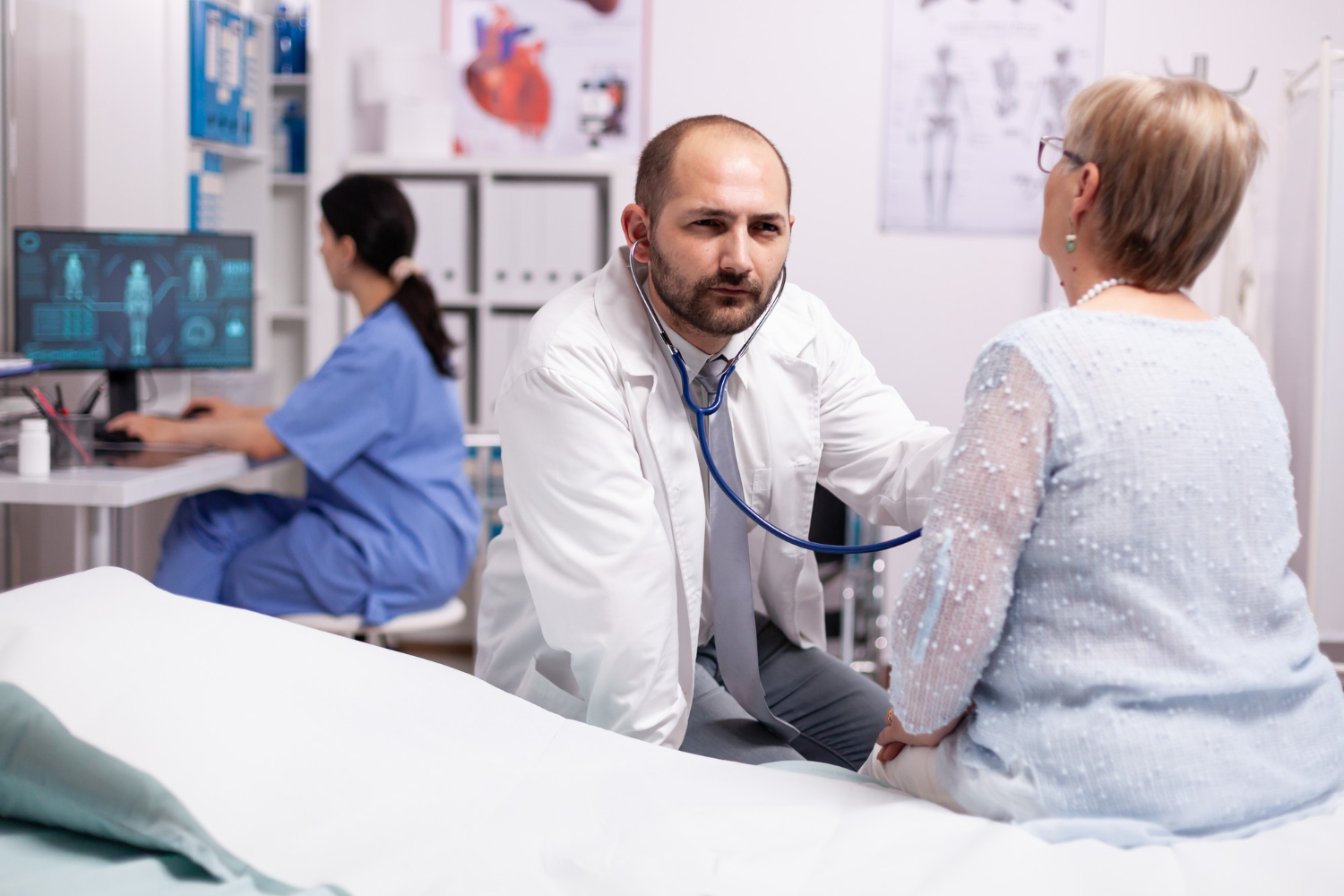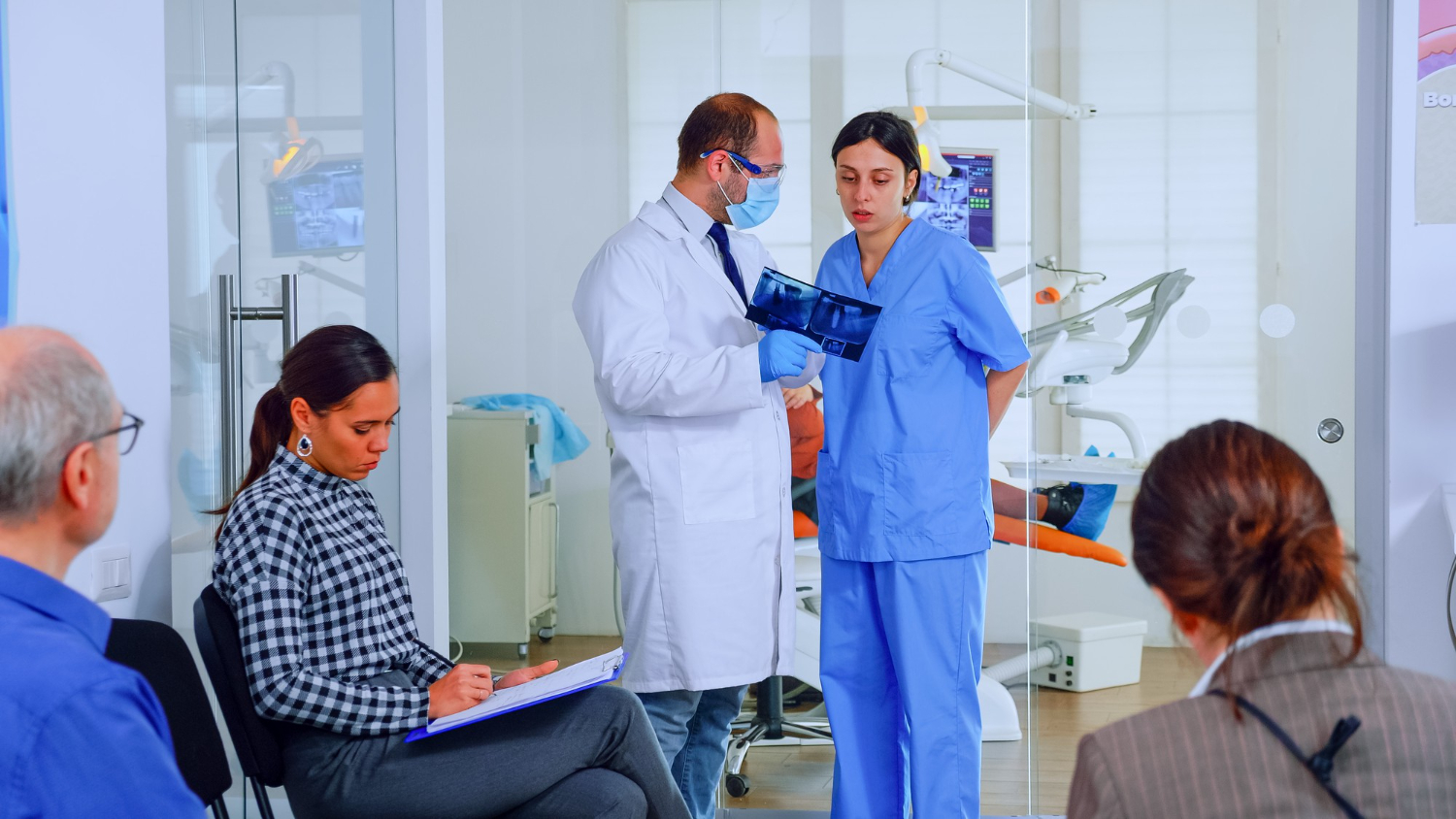Heart Arrhythmia Treatment in Nagpur
Introduction to Arrhythmia
Arrhythmia, a term that sparks concern among many, refers to any disturbance in the heart’s rhythm. It’s more than just a skipped beat; it’s a complex condition that can significantly impact one’s quality of life. At Swasthyam Superspeciality Hospital, we understand the intricacies of arrhythmias and the distress they can cause. Our goal is to provide you with comprehensive care that restores not only your heart’s rhythm but also your peace of mind.

Your Heart Deserves the Best Care
Don’t wait for an emergency to take care of your heart. Schedule a consultation with Dr. Pankaj Harkut, the best cardiologist in Nagpur, today.

Understanding Different Types of Arrhythmias
Arrhythmias are classified based on the speed of heartbeats:
- Bradycardia: Slower than a normal heartbeat
- Tachycardia: Faster than a normal heartbeat
- Atrial Fibrillation: A common, chaotic rhythm in the atria
Each type affects the heart differently, and understanding these can be crucial in identifying the right treatment approach.
Symptoms of Arrhythmia
Symptoms of arrhythmias can vary widely but typically include:
Palpitations or irregular heartbeats
Dizziness or lightheadedness
Fatigue
Chest pain
Shortness of breath
Experiencing any of these symptoms, especially if they recur or worsen, necessitates a visit to a specialist like Dr. Pankaj Harkut, a seasoned interventional cardiologist at Swasthyam Superspeciality Hospital.


Diagnostic Approaches to Arrhythmias
Accurate diagnosis is fundamental in treating arrhythmia effectively. Our centre employs several methods:
- Electrocardiogram (ECG): Captures the electrical activity of the heart
- Holter Monitor: Monitors heart rhythm over 24-48 hours
- Stress Test: Assesses heart function under physical exertion
Comprehensive Arrhythmia Treatment Options
Medications
Including antiarrhythmic drugs and anticoagulants to manage rhythm and prevent clotting.
Catheter Ablation
Removes problematic heart tissue to normalize rhythm
Lifestyle Changes
Dietary modifications and exercise plans to improve cardiovascular health.
Implantable Devices
Such as pacemakers and ICDs (Implantable Cardioverter Defibrillators) to correct irregularities
Cardioversion
Electrical shocks to restore normal rhythms
Surgical Procedures
Including
Why Choose Swasthyam Superspeciality Hospital for Arrhythmia Treatment?
Choosing where to receive care is crucial. Our centre is distinguished by:
- Expertise: Dr. Pankaj Harkut’s extensive experience in interventional cardiology provides patients with access to top-tier, personalized care.
- Advanced Technology: We utilize the latest in medical technology to diagnose and treat all types of arrhythmias.
- Patient-Centered Approach: Our team is dedicated to ensuring that each patient feels heard, understood, and valued throughout their treatment journey.

If you or a loved one is experiencing symptoms of arrhythmia, don’t wait for them to worsen. Contact Swasthyam Superspeciality Hospital today to schedule a consultation with Dr. Pankaj Harkut. Learn more about how our tailored arrhythmia treatment plans can help you lead a healthier, rhythmically balanced life. Call us or visit our website to find more information and take your first step towards recovery.
By choosing Swasthyam Superspeciality Hospital, you choose a life free of arrhythmia worries. Let us help you keep your heart beating right.
Frequently Asked Questions
What causes arrhythmias?
Arrhythmias can be caused by various factors including heart disease, high blood pressure, diabetes, smoking, excessive alcohol or caffeine consumption, stress, and certain medications. In certain instances, arrhythmias may be idiopathic, indicating that the underlying cause remains unidentified.
How are arrhythmias diagnosed?
Arrhythmias are diagnosed through a combination of patient history, physical examination, and diagnostic tests such as an Electrocardiogram (ECG), Holter Monitor, and Stress Test. These tests help in identifying the type and severity of the arrhythmia.
Are arrhythmias life-threatening?
Some arrhythmias can be life-threatening, particularly those that cause severe symptoms or lead to complications such as stroke or heart failure. However, many arrhythmias are manageable with proper treatment and lifestyle changes.
Can lifestyle changes help manage arrhythmias?
Yes, lifestyle changes can significantly help manage arrhythmias. These changes include adopting a heart-healthy diet, regular exercise, reducing stress, avoiding excessive caffeine and alcohol, and quitting smoking. These modifications can improve overall heart health and reduce the frequency of arrhythmias.
What types of follow-up care are necessary after arrhythmia treatment?
Follow-up care typically includes regular check-ups with your cardiologist to monitor your heart rhythm and overall heart health. Depending on the treatment, additional tests such as periodic ECGs or Holter monitoring may be required. Patients with implantable devices like pacemakers or ICDs will need regular device evaluations to ensure proper functioning.
